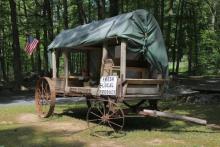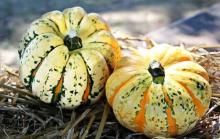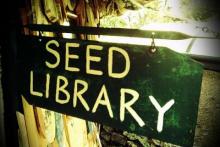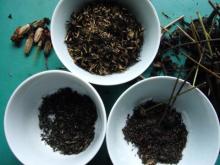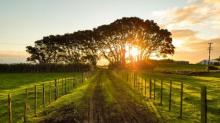Page Turners: Holistic Book Reviews - The Good Life by Helen and Scott Nearing
“The business of procuring the necessities of life has been shifted from the wood lot, the garden, the kitchen and the family to the factory and the large-scale enterprise. In our case, we moved our center back to the land.”


